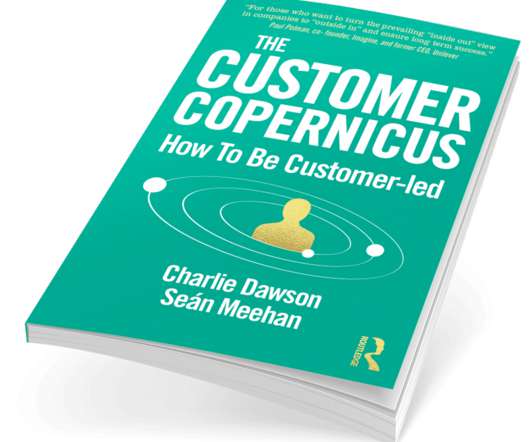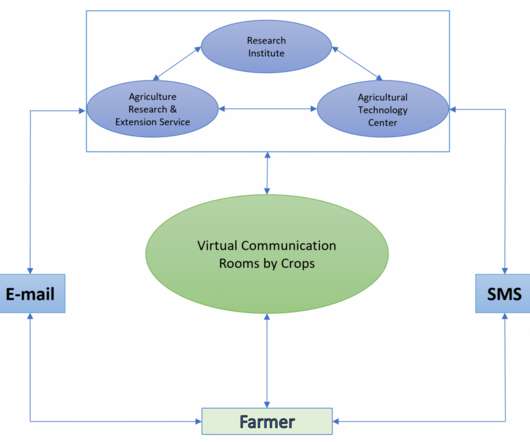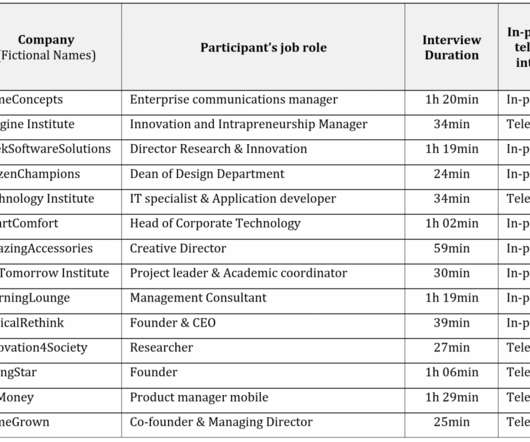Can You Bring Your Spirituality to Work?
INSEAD Knowledge
JANUARY 23, 2024
A key ingredient of leadership is the ability to build trust. Even worse, only 32 percent say they trust their organisation’s senior leaders. Subhanu: Bridging worlds Born in India to a family of musicians and dancers, Subhanu moved to the UK at the age of three but remained connected to his cultural traditions.














Let's personalize your content